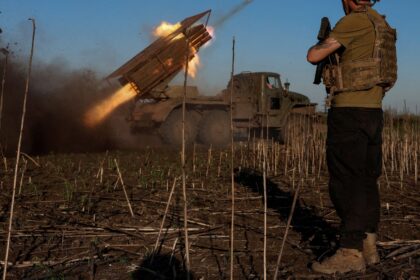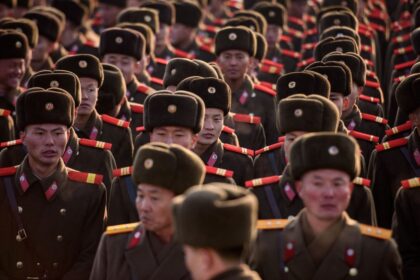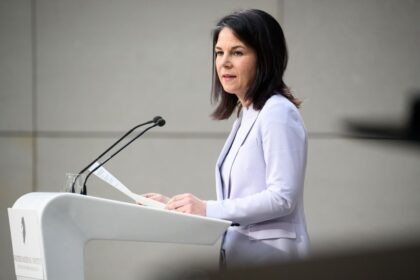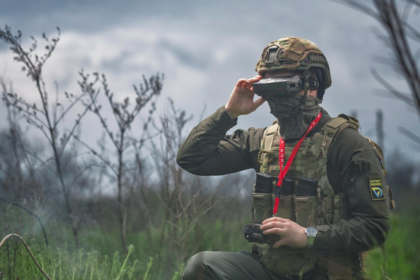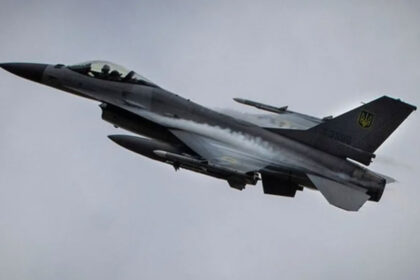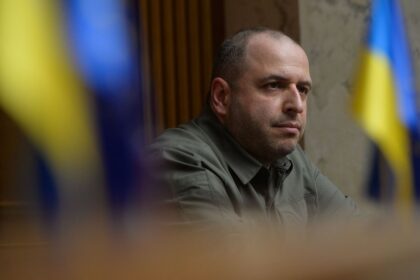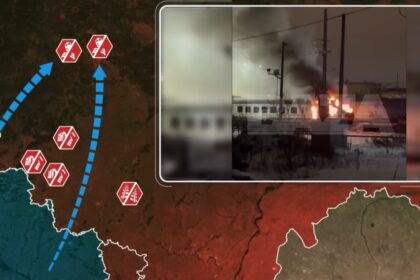**The Ukraine Ceasefire Fantasy is Over: Britain Knows It**
In a recent gathering at the Ditchley Foundation Conference in the United Kingdom, senior representatives from governments, international organizations, media, and civil society came together to discuss the ongoing conflict in Ukraine. The conference, held at the historic English estate of Ditchley Park, brought together experts who have witnessed firsthand the devastating effects of war.
**No Hope for a Ceasefire**
Contrary to the optimistic rhetoric often seen in public discourse, no one present at the conference believed that Russian President Vladimir Putin would voluntarily agree to a just peace. The tone was somber, and the focus shifted from speculating about a ceasefire to discussing how long Russia would hold out and how long Ukraine could sustain itself.
**Washington’s Indecisiveness**
There were also low expectations for decisive action from the US administration, with many believing that President Donald Trump would only take concrete steps once Putin refused to compromise. This lack of resolve raises concerns about Washington’s commitment to supporting Ukraine in its time of need.
**Ukraine’s Innovation Cycle**
Despite the challenges faced by Ukraine, the country has made significant strides in innovation, with over 700 companies actively working on drones, AI, and autonomous systems. Ukraine’s innovation cycle is among the fastest in the world, with ideas being quickly turned into battlefield deployments. However, this edge in innovation is not enough to stem the tide of Russian aggression.
**Ukraine Must Achieve Technological Superiority**
To reverse its current trajectory, Ukraine must achieve superiority – technological, institutional, and at scale. This means prioritizing technological dominance, especially in unmanned systems, robotics, AI, cybersecurity, and data integration. The future of war is already here, and it will be fought without tanks, captains, or pilots.
**London’s Renewed Relevance**
Post-Brexit Britain is actively seeking renewed relevance in European security, with the defense industry appearing to be the chosen avenue. The possibility of Britain participating in a proposed €150 billion European defense investment program, known as SAFE, raises hopes for increased cooperation and collective security.
**Ukraine Must Be Seen as Part of the Solution**
The main takeaway from Ditchley is clear: Ukraine must increase its share of domestically produced arms from 40% to as close to 100% as possible. Only such a shift will convince Moscow that Ukraine – and its partners – cannot be outlasted, putting true pressure on Russia to stop the war.
**Editor’s Note**
The opinions expressed in this article belong to their author and may or may not reflect those of Euromaidan Press’ editorial team.
Read More @ euromaidanpress.com






